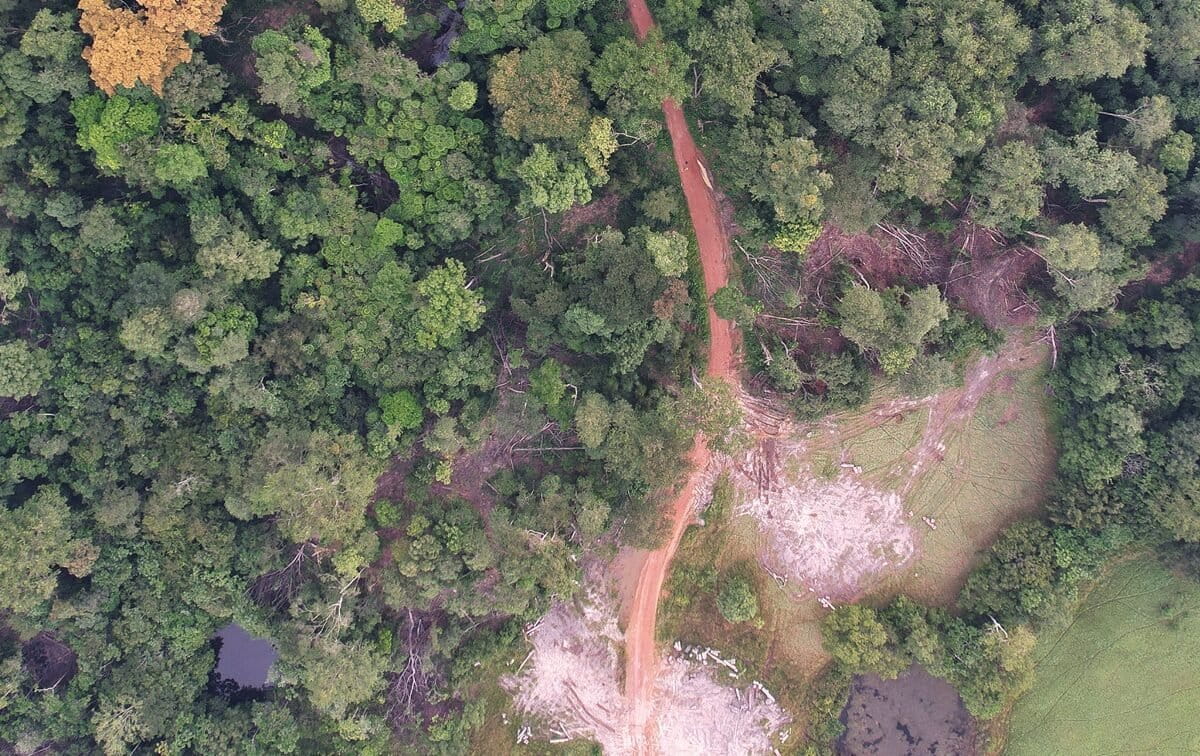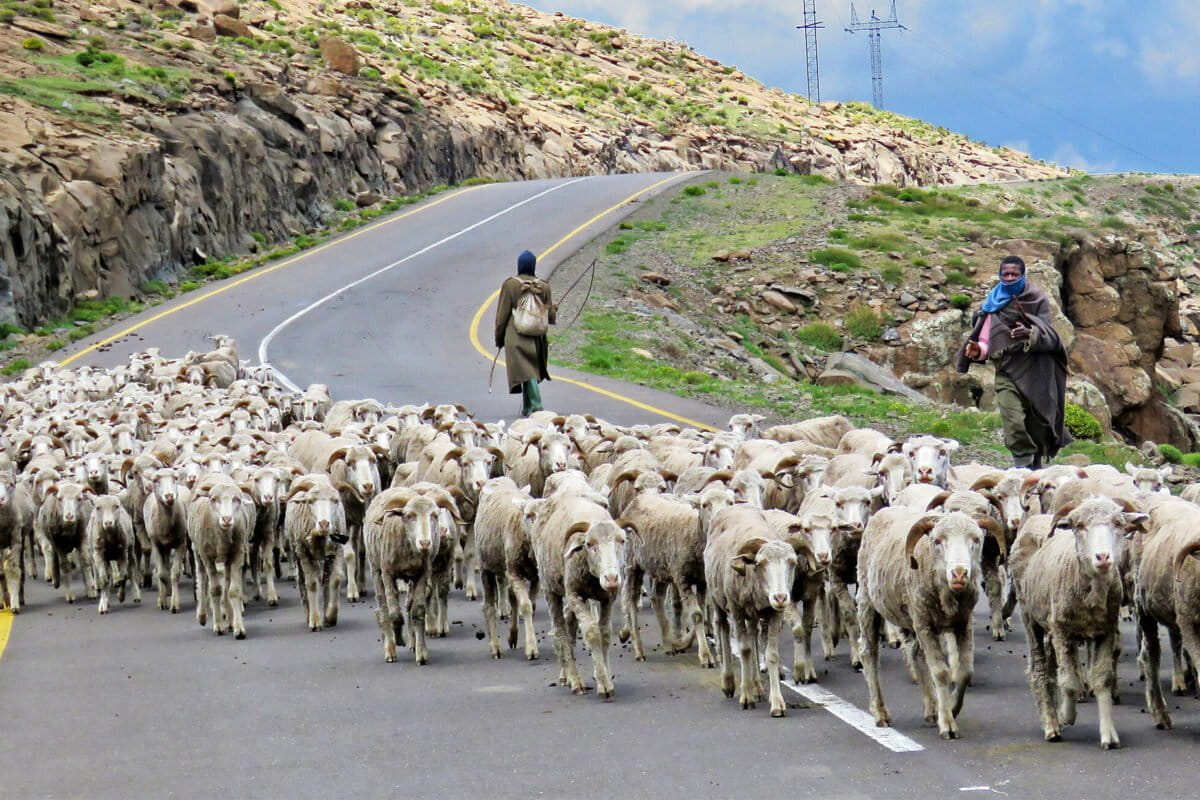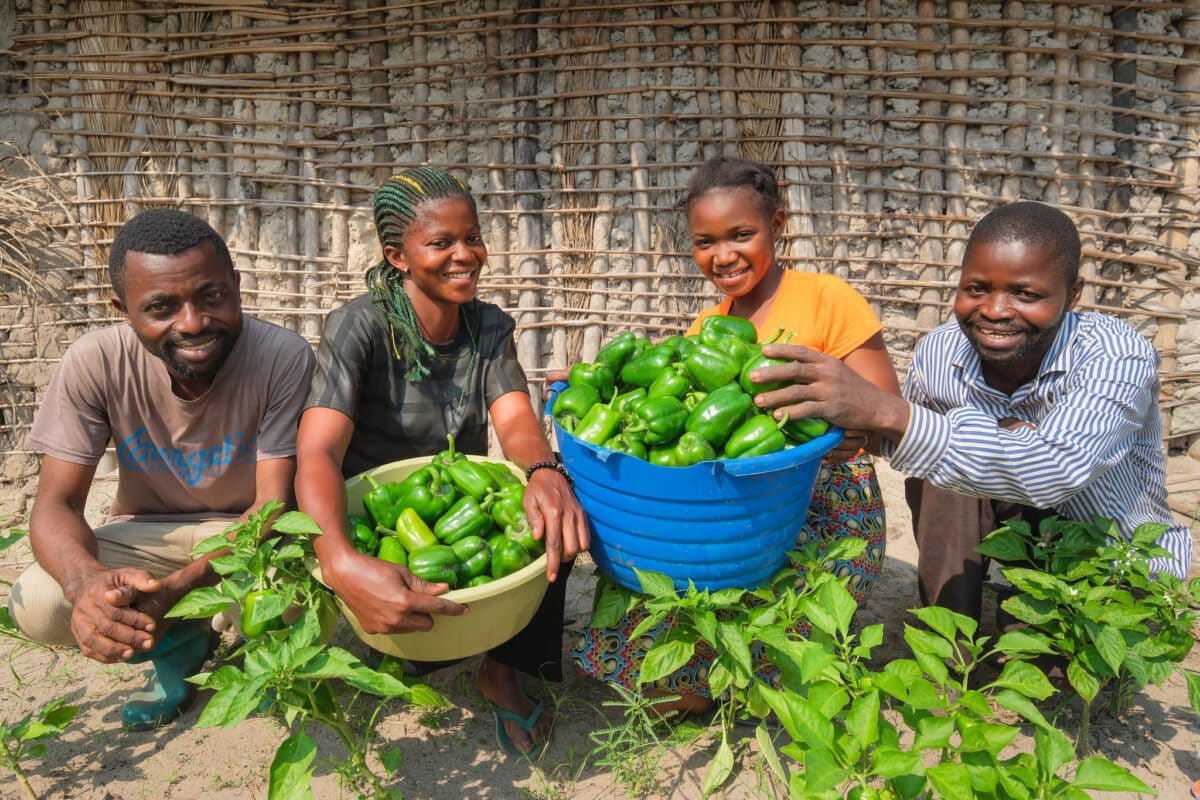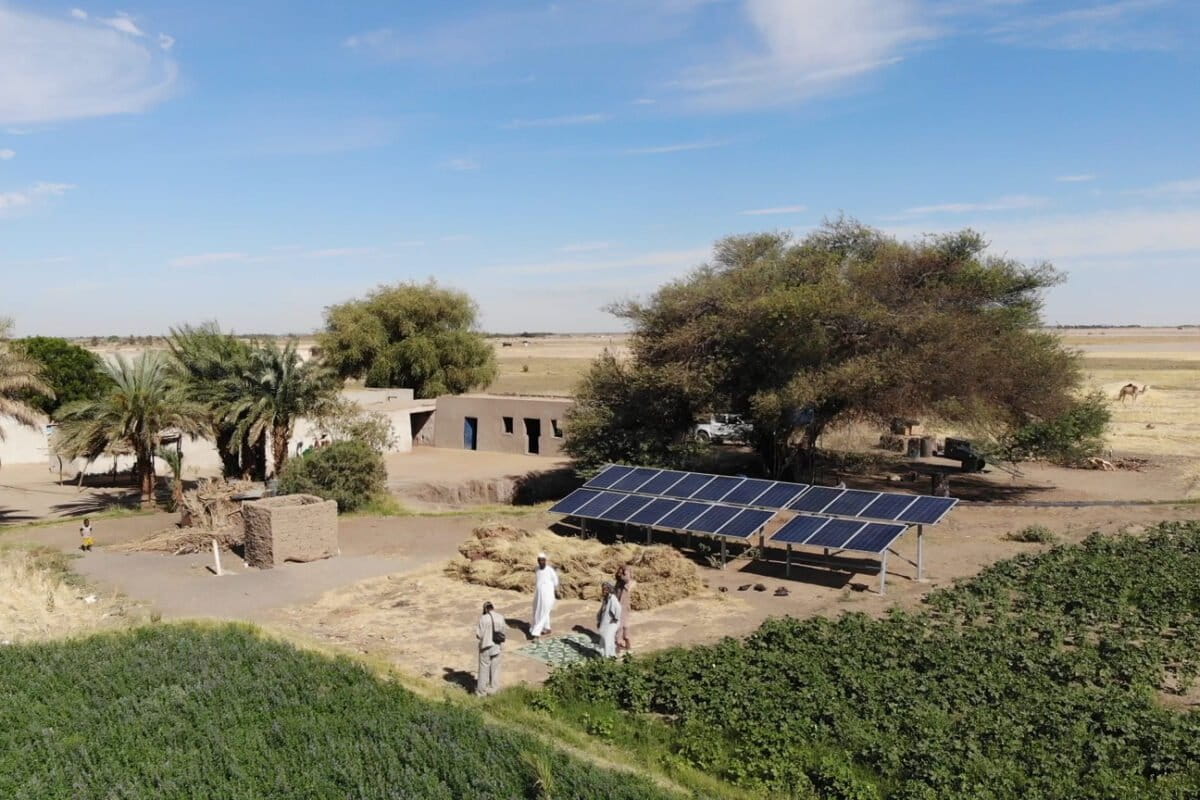Brazil suspends Amazon road project until protected areas established
Brazil suspends Amazon road project until protected areas established
mongabay.com
September 26, 2008
Brazil has temporarily suspended the paving of a major Amazon road pending demarcation of 13 neighboring protected areas, reports the Associated Press.
Wednesday Environment minister Carlos Minc said the government will delay construction contracts for BR-319, a highway that connects Manaus (Amazonas) and Porto Velho (Rondonia), until 13 conservation areas are established. The road, which is nearly impassable during the rainy season, will be transformed into an all-weather highway to enable soy farmers and ranchers to get their products to markets faster and at a lower cost. Environmentalists fear the road improvements will drive logging and agricultural expansion in the region as has been the case with other infrastructure development projects in the country.
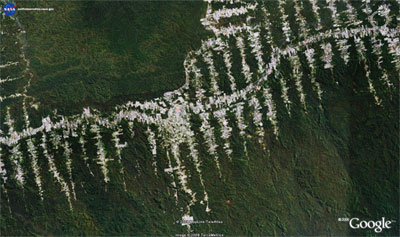
BR-230 highway near Rurópolis, Brazil in the heart of the Amazon. Image courtesy of Google Earth |
“Deforestation and illegal logging accelerated in anticipation of highway paving,” wrote Dr. Philip Fearnside, a researcher at the Brazilian National Institute for Research in the Amazon (INPA), in reference to the paving of BR-163, a sister road in the Brazilian Amazon. “Paving would further speed forest loss in the area, as well as stimulate migration of land thieves (grileiros) to other frontiers.”
Infrastructure improvement in the Brazilian Amazon is largely driven by development interests, namely industrial soy farmers and cattle ranchers, which account for more than 70 percent of forest clearing in the region.
“Soy farmers are a very powerful political lobby that is pushing for major expansion of roads, highways, river-channelization projects, and other transportation that will criss-cross large expanses of the Amazon,” said William F. Laurance of the Smithsonian Tropical Research Institute in Panama. “This infrastructure is acting like Pandora’s box—it is opening up the frontier to spontaneous, unplanned colonization and exploitation by ranchers, farmers, hunters, and illegal gold miners.”
Related articles
Industry-driven road-building to fuel Amazon deforestation March 12, 2008
Unofficial road-building will be a major driver of deforestation and land-use change in the Amazon rainforest, according to an analysis published in Philosophical Transactions of the Royal Society B. Improved governance, as exemplified by the innovative MAP Initiative in the southwestern Amazon, could help reduce the future impact of roads, without diminishing economic prospects in the region.



